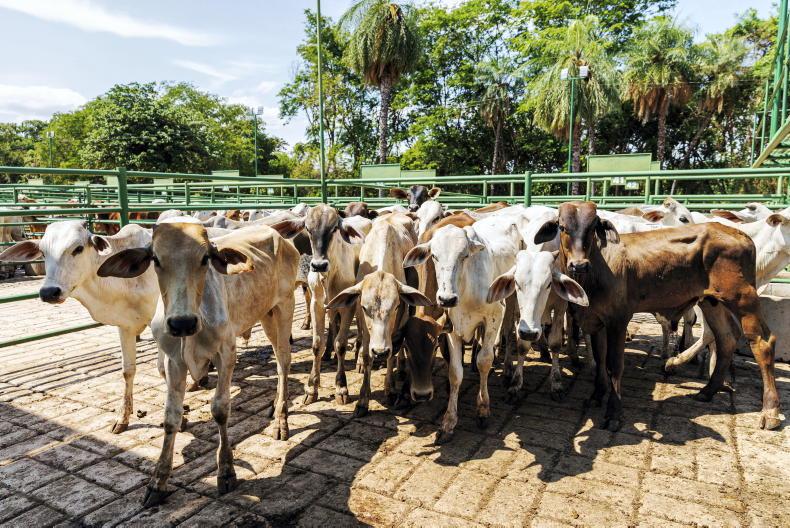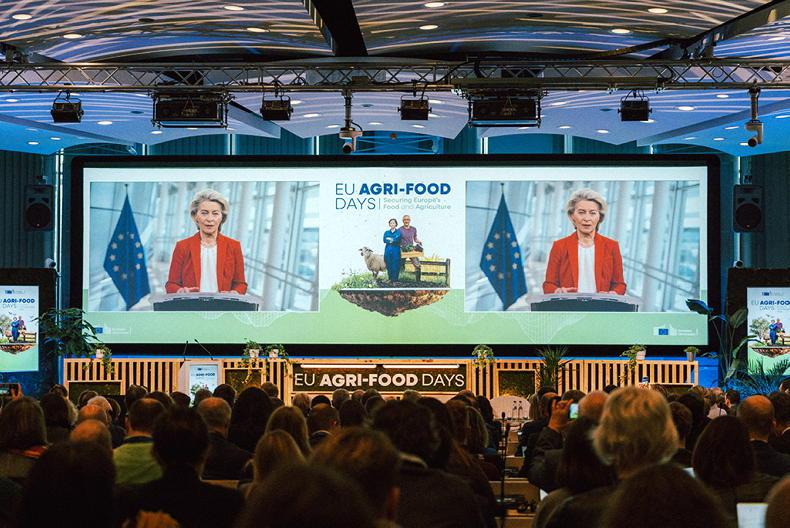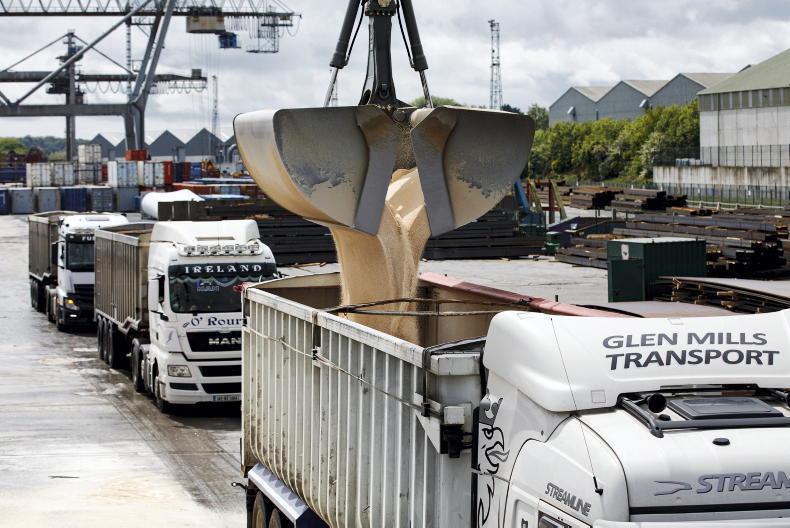International markets will be looking to import an extra 2.1m tonnes of beef each year by 2035 when the EU's beef output is anticipated to be 0.6m tonnes per year lower, according to the 2023 agricultural outlook compiled by the European Commission.
The outlook mentioned China, Vietnam and sub-Saharan Africa as countries or regions which will be tapping into global beef markets to cater for increasing consumer demand.
“Limited beef supply” is said to put beef imports into the EU on track to “slowly increase” to reach 400,000t by 2035.
The 9% drop in EU beef exports by then is not expected to be replicated uniformly across all member states.
Decline
Coupled suckler cow payments, agri-environmental schemes attractive to beef farmers and relatively favourable prices are not anticipated to be enough to stop or reverse the EU-wide decline in sucklers.
The Commission’s outlook points to an 11% fall in the number of suckler cows across the EU by 2035, a decrease which would represent around 900,000 cows.
Poor farmer margins and stricter environmental regulations were stated in the outlook report to be the drivers of falling suckler numbers.
A 13% smaller EU dairy herd is also forecast to be set to hit beef output, as the overall number of cows is expected to be 3.4m head lower in 12 years’ time.
By then, most carcase weights should be slightly heavier, but the push towards more extensive beef farming practices and organic targets “may partially counteract this”.
Prices and consumption
Beef prices are set to fall over the coming years, as a better balance between supply and demand emerges at EU level than had been the case with the record prices paid towards the end of 2022, the report said.
The outlook lists €5.10/kg as the beef price forecast for 2035, with Australian and US beef prices expected to remain above those paid to the EU’s farmers out to then.
The report states that 2035 may see annual beef consumption per capita fall to 9.5kg from a standing of 10kg currently, as the lower consumer consumption witnessed this year “is likely to be sustained”.
It claims that 2023’s decline in EU beef demand was not only down to high prices, but also by a “growing negative perception due to sustainability concerns”.
Read more
Commission looks to reset relations with farmers
International markets will be looking to import an extra 2.1m tonnes of beef each year by 2035 when the EU's beef output is anticipated to be 0.6m tonnes per year lower, according to the 2023 agricultural outlook compiled by the European Commission.
The outlook mentioned China, Vietnam and sub-Saharan Africa as countries or regions which will be tapping into global beef markets to cater for increasing consumer demand.
“Limited beef supply” is said to put beef imports into the EU on track to “slowly increase” to reach 400,000t by 2035.
The 9% drop in EU beef exports by then is not expected to be replicated uniformly across all member states.
Decline
Coupled suckler cow payments, agri-environmental schemes attractive to beef farmers and relatively favourable prices are not anticipated to be enough to stop or reverse the EU-wide decline in sucklers.
The Commission’s outlook points to an 11% fall in the number of suckler cows across the EU by 2035, a decrease which would represent around 900,000 cows.
Poor farmer margins and stricter environmental regulations were stated in the outlook report to be the drivers of falling suckler numbers.
A 13% smaller EU dairy herd is also forecast to be set to hit beef output, as the overall number of cows is expected to be 3.4m head lower in 12 years’ time.
By then, most carcase weights should be slightly heavier, but the push towards more extensive beef farming practices and organic targets “may partially counteract this”.
Prices and consumption
Beef prices are set to fall over the coming years, as a better balance between supply and demand emerges at EU level than had been the case with the record prices paid towards the end of 2022, the report said.
The outlook lists €5.10/kg as the beef price forecast for 2035, with Australian and US beef prices expected to remain above those paid to the EU’s farmers out to then.
The report states that 2035 may see annual beef consumption per capita fall to 9.5kg from a standing of 10kg currently, as the lower consumer consumption witnessed this year “is likely to be sustained”.
It claims that 2023’s decline in EU beef demand was not only down to high prices, but also by a “growing negative perception due to sustainability concerns”.
Read more
Commission looks to reset relations with farmers










SHARING OPTIONS